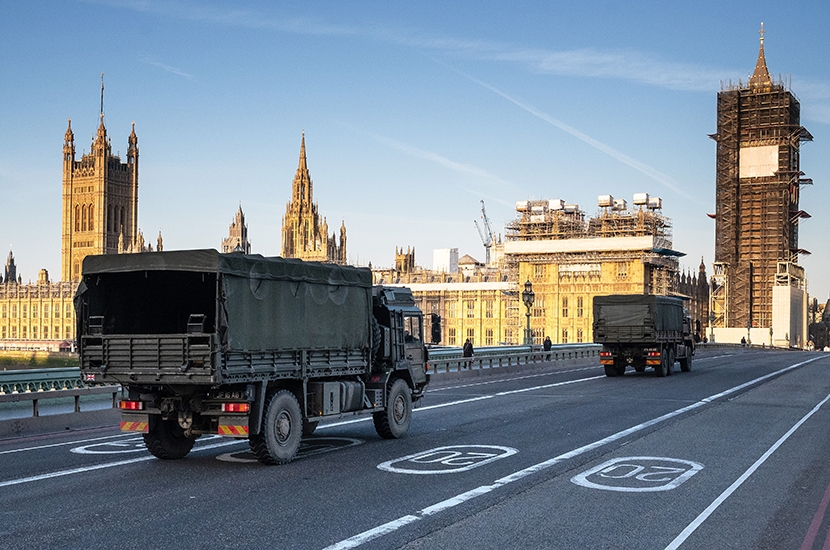The American economist and historian Robert Higgs noted long ago that during the 20th century the various wars, and the various declared equivalents of war, such as against drugs and viruses, regularly led to permanent expansions of state power. Power is the ability to coerce physically, war being the pre-eminent coercion. There has to be some reason that citizens of the UK and US are coerced to pay about 40 per cent of GDP for the wars and other activities of the state, whereas a century ago they paid about 10 per cent. Further, the state’s recently expanding regulation of many private activities — literally a million regulations promulgated by the US federal government, for example — calls on citizens to pay indirectly, too. In 1950, 5 per cent of American occupations required a licence from the state. Now it is 30 per cent, and includes jobs such as hair-braiders and interior decorators. As the cowboy humorist Will Rogers said in the 1920s, before all this was evident: ‘Those who complain about the high cost of government should be glad we’re not getting all the government we’re paying for.’
Yet wars and other tumults, with the for-the-duration rise in state power, have always been with us. War and its equivalents did not used to lead to permanently bigger and more illiberal government. After the end of the Napoleonic Wars in 1815, the UK reduced state power, initiating the great age of liberalism. Yet after a similar putting-down of weapons in 1945, state power increased. In the US during the War to End All Wars, President Wilson took up tyrannical powers with gusto, using state propaganda to whip up anti-Hun feeling, and to suppress news of the ‘Spanish’ influenza. (It actually started, you need to know, on a pig farm in Kansas.







Comments
Join the debate for just £1 a month
Be part of the conversation with other Spectator readers by getting your first three months for £3.
UNLOCK ACCESS Just £1 a monthAlready a subscriber? Log in